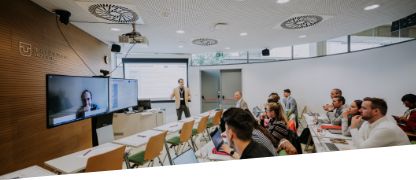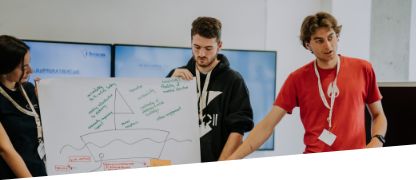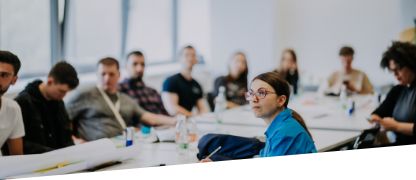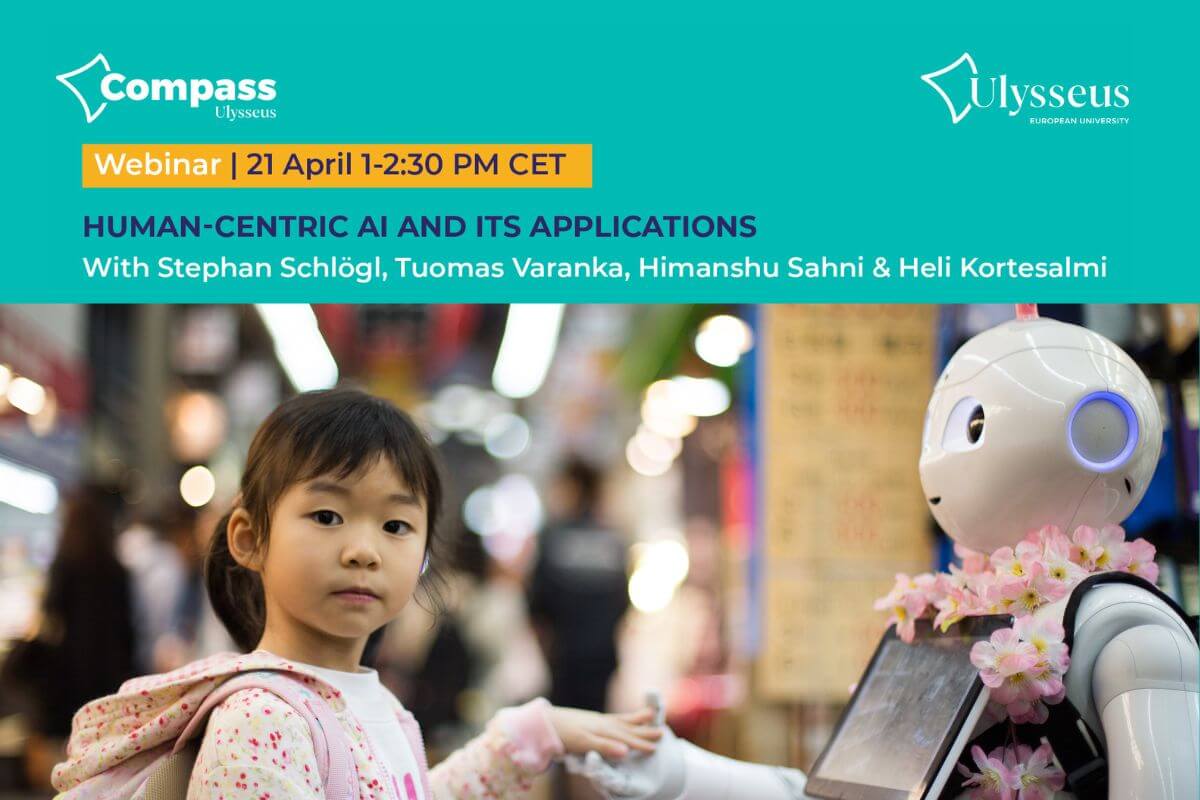Webinar: Human-centric AI and its applications
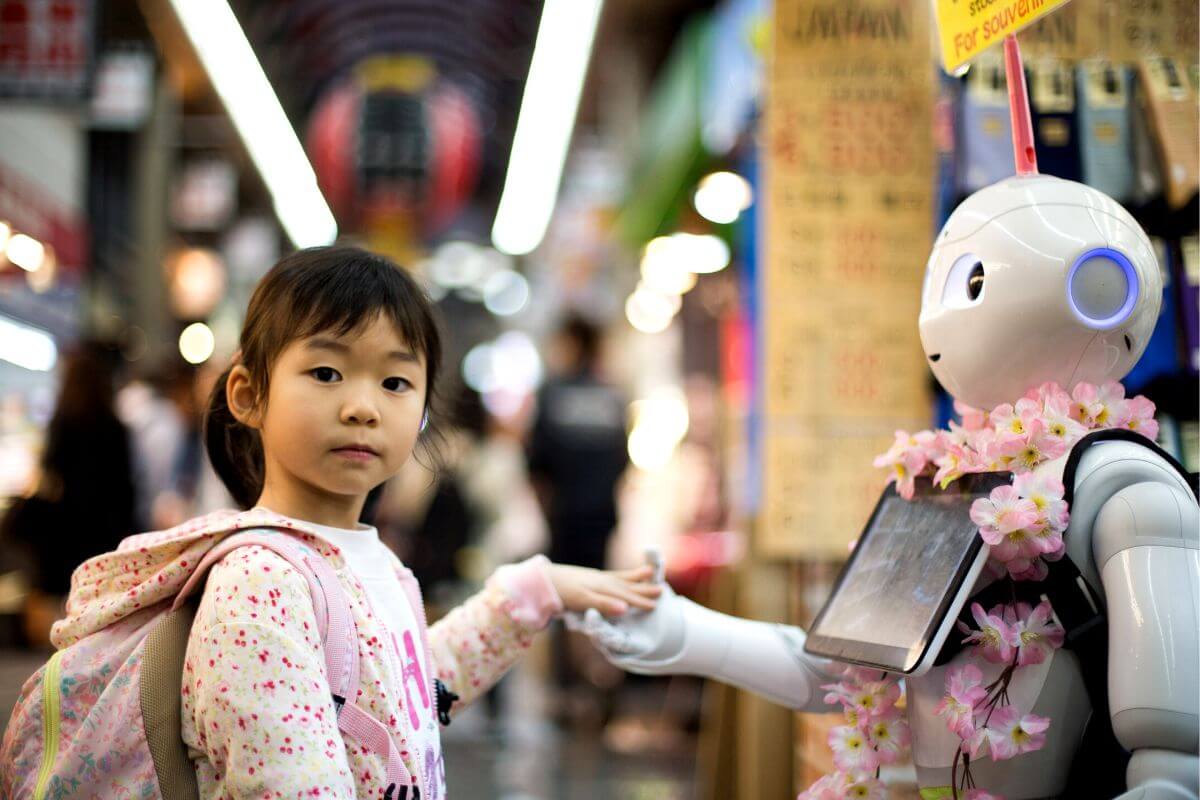
On 21 April at 1 pm CET, Ulysseus Artificial Intelligence Innovation Hub, based at Haaga-Helia University of Applied Sciences, will host the webinar titled «Human-Centric Artificial Intelligence and its applications». At this webinar Stephan Schögl, Tuomas Varanka, Himanshu Sahni and Heli Kortesalmi will discuss about different topics on the interaction of users and artificial intelligence (AI) such as social machines, human emotion recognition and machine learning for digitalisation in education and research, among others.

